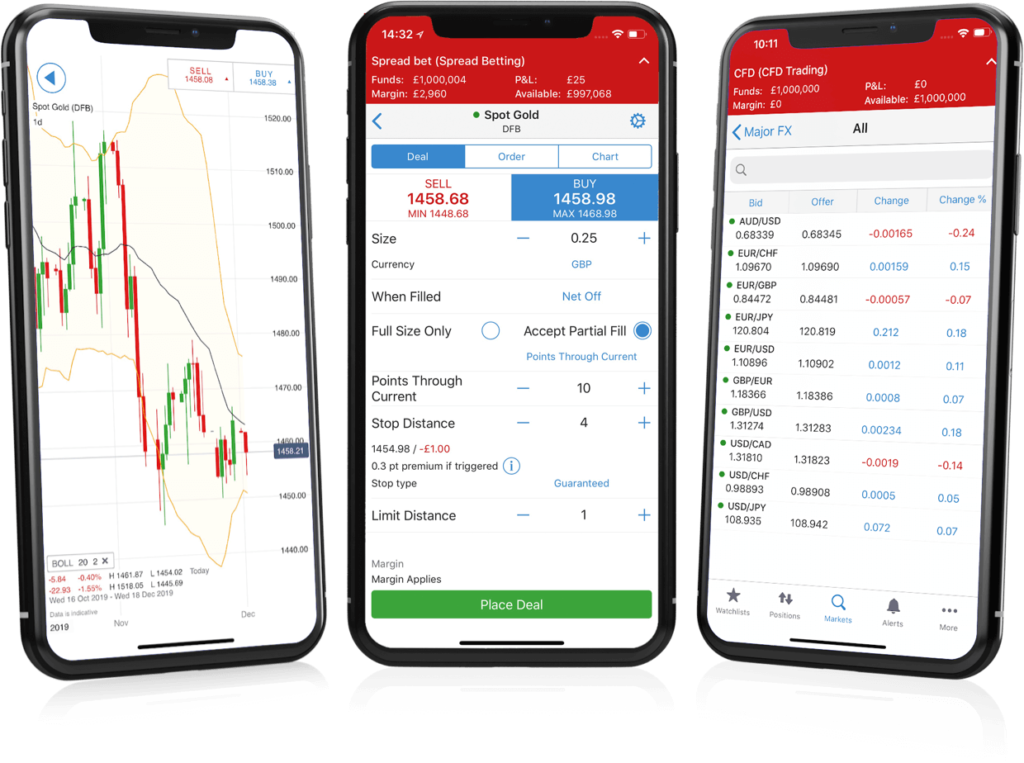Yes, investing apps that are regulated by the FCA are safe. Legitimate investing apps in the UK are required to be regulated by the Financial Conduct Authority (FCA). If the investing app you’re considering is regulated by the FCA, you can be confident that it’s safe to use.
How to check an investing app is safe
The easiest way to tell if an investment app is FCA-regulated is to go to their website and scroll down to the very bottom of the homepage. There you’ll find a statement about their regulation, including their registration number if you want to look up the details yourself.
For example, on Hargreaves Lansdown, It will look something like this:
![]()
- Related Guide: Best Investment Apps Compared & Reviewed
Are all investing apps regulated by the FCA?
Practically every mainstream investment app you have heard of is likely to be regulated by the FCA. Companies such as AJ Bell, Interactive Investor, InvestEngine, IG and Hargreaves Lansdown are some examples.
But not all asset classes come under FCA regulation, however, the most mainstream investments such as stocks do.
Here are some common asset types that are FCA-regulated:
- Stocks and shares
- Bonds and fixed-income securities
- Funds and ETFs
- Contracts for difference (CFDs)
- Derivatives like futures and options
More importantly, there are some asset classes that are not regulated by the FCA, which means they may be less safe for investors as there is little or no government oversight and consumer protection. Some of these include:
- Cryptocurrency
- Real Estate
- Art and antiques
- Wine and whiskey
- Physical commodities like gold and silver
Keep in mind that these assets can be regulated if they are packaged into a financial product, for example purchasing physical commercial real estate (e.g. a retail space or warehouse) is not regulated by the FCA, but purchasing an ETF which invests in commercial real estate will be regulated by the FCA.
How does the Financial Services Compensation Scheme (FSCS) work?
The FSCS provides a backstop insurance policy for consumers if the company they hold money with goes bankrupt. This is limited to £85,000 per person, per banking group. For example, Halifax is owned by Bank of Scotland, meaning that accounts with either bank will both count towards the same £85,000 limit.
It’s important to note that this doesn’t apply to investment performance. If you lose money because your investments have underperformed, you’re not able to claim this back through the FSCS.
What are the dangers of using investment apps?
If you’re using investment apps which are regulated by the FCA, the dangers are really just limited to the performance of the investments you select. Any form of investment comes with some element of risk, such as investing into the stock market.
While it’s possible to achieve returns above inflation over the long term with the right investment selection, it’s also possible to lose money, either temporarily or permanently.
How to protect yourself when using an investment app
If you follow this set of simple steps, you can protect yourself when using any investment app:
- Check the investment app is FCA-regulated – Find the app’s FCA number on their website, and search the FCA register here under ‘Firms’ to confirm that the details match.
- When transferring funds, make sure the bank details are correct – Scammers can pose as legitimate companies to trick investors into handing over cash. Always conduct transactions securely on the app itself if possible. If you need to do a bank transfer, make sure you verify the bank details with the investment app so you know it’s going to the right place.
- Choose your investments wisely – Even if the investment app you’re using is safe, it’s still possible to invest in highly risky investments if you’re not careful. Make sure you research before making any investment decisions, and remember that diversification is the best way to reduce your risk.
Where can you find a safe investing app?
To find a safe investing app you can compare FCA-regulated investing apps on Good Money Guide (as we only feature trusted and safe accounts).
Jason comes from a background of wealth management, spending over 15 years as a private client financial advisor. Over this time he developed a keen interest in broader economic issues, markets and financial trends, and eventually transitioned into working full time as a writer and financial commentator.
Jason’s work has been featured in publications such as TIME, Forbes, Barron’s, MarketWatch, Yahoo! Finance and FT Advisor.



